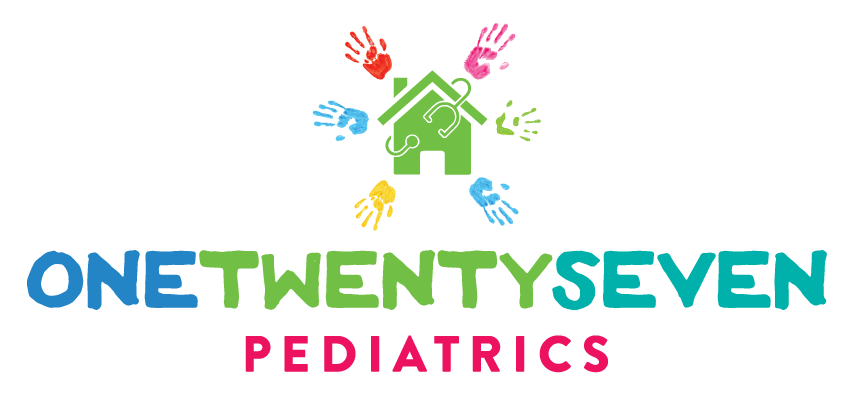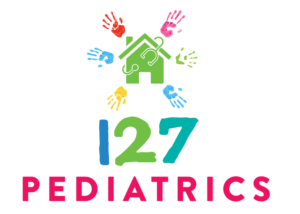Preparing yourself mentally, emotionally and even physically for breastfeeding ahead of your baby’s birth will go a long way to helping you meet your goals. While breastfeeding is not impossible, it can be very difficult for most women. Here are my top 5 ways to prepare for breastfeeding.
Tip #1 Learn (and Practice!) the Main Breastfeeding Positions
Football hold. Cross cradle hold. Cradle hold!
If all of these words seem like a foreign language to you, now is the time to learn them. Understanding that there are different ways to hold your baby for breastfeeding is important. You will want to learn their meaning, and practice before your baby arrives.
So, grab a baby doll and practice the different breastfeeding positions.
Tip #2 Take a Breastfeeding Class
The first time that you hear words like “engorgement,” “latch” and “nipple shield” should not be when you are staring down at a hungry baby. Expanding your vocabulary with breastfeeding lingo will allow you to take actionable steps once your baby arrives.
In order to learn the basics, allow me to help you. First, 127 Pediatrics offers a variety of breastfeeding classes through our online breastfeeding medicine and education center. Second, choose what learning style is best for you. So, whether you learn best on demand by yourself or live with a group, we have different options available. If you need more one on one attention, I also offer a concierge breastfeeding medicine package.
Tip #3 Plan for skin-to-skin contact right after delivery
Holding your baby directly against your bare skin right after birth is called “skin-to-skin contact.” This is an important way to keep both you and your baby calm as you prepare for the baby’s first feeding. Skin to skin contact has many benefits, not the least of which is increased success with breastfeeding. Be sure to ask the hospital or birthing center where you plan to deliver how this time is handled.
Tip #4 Talk with your physician about your health history
If you’ve had challenges with breastfeeding in the past, or if there’s anything you’re worried about, the time to discuss these things with your trusted physician are before your baby is born. Whether you talk with your OB, your primary care physician or consult with a breastfeeding medicine specialist, it is important to address these issues before your baby is born.
There are certain medical conditions that can lead to low milk supply. These include diabetes, polycystic ovarian syndrome and thyroid disease. It is especially important to be prepared if you have any of these conditions. There are things that can help increase your milk supply if they are done early.
When patients are at risk for a low milk supply, I talk with them about hand expression before birth. Hand expression is a technique where you use your hands to get the breast milk out of your breasts. When you try it in the final few weeks of pregnancy, the goal is to produce colostrum – the fluid that’s made at the start of milk production. This technique may improve milk supply for some women. It will also allow for you to give your own milk should your baby need early supplementation for some reason.
Tip #5 Mentally Prepare Yourself For a Newborn’s Breastfeeding Schedule
Okay, let’s be real for a minute. Breastfeeding is a full time job, especially in the first few weeks postpartum. Babies need to eat at the breast 8-12 times per day. This averages to every 1-2 hours at first. Around the clock.
Once your baby regains their birth weight, this schedule will often slow down a little. Maybe.
The good news is that this time passes quickly. The bad news is that it is challenging while you are in the middle of it.
Allow me to help you
If you are a breastfeeding mother in need of help, give me a call. I am a breastfeeding medicine specialist and see mothers for consults in the comfort of their own homes.
If you would like more information to help you to make an informed decision about whether or not breastfeeding is right for you, 127 Pediatrics offers breastfeeding education. Our classes are taught in a non-judgmental manner.
We provide evidence based information so that you can learn the process and the science behind breastfeeding and make an informed decision for you and your child.
© 127 Pediatrics; August 2022

Dr. Andrea Wadley is the owner, pediatrician, and breastfeeding medicine specialist for 127 Pediatrics. She has an established house-calls only pediatric practice in Colleyville, TX. She is also the owner and operator of the 127 Pediatrics Online Breastfeeding Medicine and Education Center.


